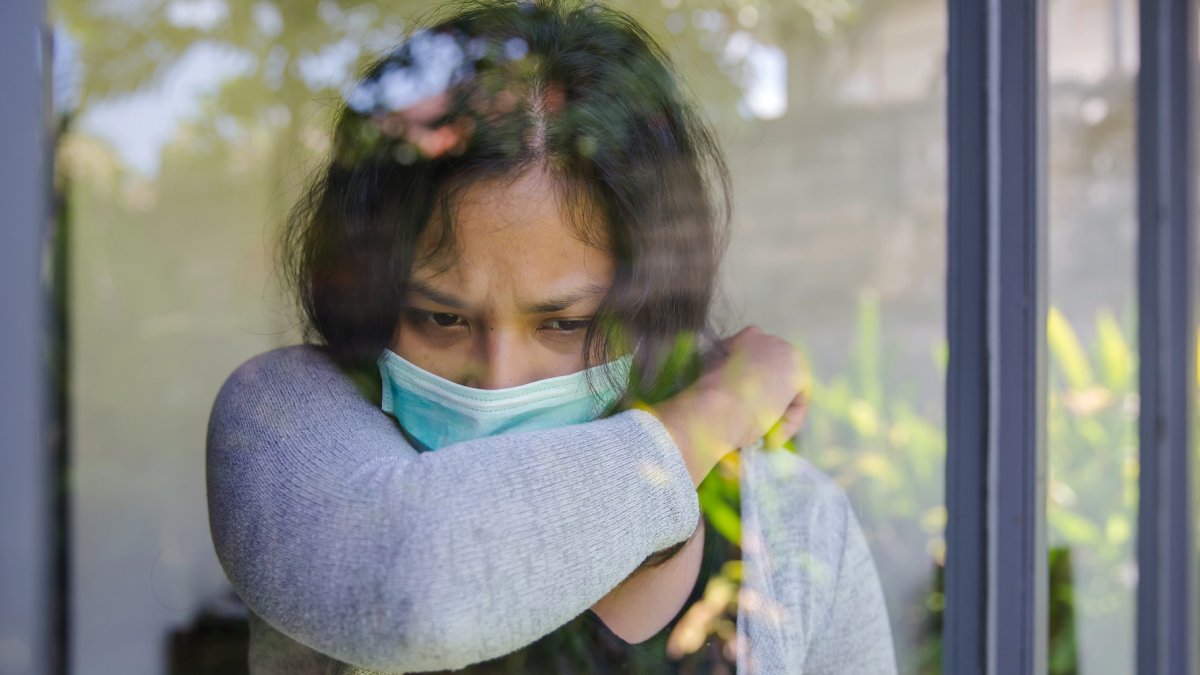Artificial intelligence can explain why each Covid-19 wave impacts our bodies differently
Researchers have identified what they believe to be robust metabolic markers of Covid, a discovery which could lead to better understanding and treatments for people that suffer from symptoms of the disease months after diagnosis.

Scientists from the University of Surrey collected blood samples of hospital patients and found that Covid-19 changed people's metabolism. The team observed that the effects of Covid-19 changed over time, with the first wave disrupting metabolites differently from the second.
While researchers observed that many patients' metabolites relaxed back to normal levels once they had recovered from Covid-19, a small number continued to be disrupted for several months after infection.
Dr Holly-May Lewis, lead author of the study from the University of Surrey, said:
"It is thought that around two million people suffer symptoms of Covid-19 a month after infection, and 800,000 people still experience symptoms a year later. So, it's clear that this virus will be with us for some time and, therefore, the scientific community is duty-bound to better understand Covid-19 and why, for some, symptoms seem to linger longer than average."
Surrey's study analysed the blood samples of 164 hospital patients - 123 with Covid-19 and 41 who provided a negative PCR test - across the first two waves of infection. Nineteen positive patients also provided samples two to seven months after infection.
Using an artificial intelligence model, the Surrey team identified six metabolites that can be used to identify Covid-19 with 91% accuracy.
Professor Melanie Bailey, corresponding author of the study from the University of Surrey, commented:
"To our knowledge, this is the first time it has been demonstrated that Covid-19 is now affecting patients' metabolism differently than it did in the initial wave - which we think is due to emerging variants. It is known that different Covid variants have various associated symptoms, so it makes sense that this would relate to changes in blood chemistry.
"With this in mind, we then deployed artificial intelligence to identify biomarkers characteristic of Covid-19, regardless of the Covid wave. This can help us better understand the limitations of the treatments being given and help to make better ones."
The paper has been published in the journal Metabolites.
ENDS
Notes to editors
- Reference: Lewis, H.-M.; Liu, Y.; Frampas, C.F.; Longman, K.; Spick, M.; Stewart, A.; Sinclair, E.; Kasar, N.; Greener, D.; Whetton, A.D.; Barran, P.E.; Chen, T.; Dunn-Walters, D.; Skene, D.J.; Bailey, M.J. Metabolomics Markers of COVID-19 Are Dependent on Collection Wave. Metabolites 2022, 12, 713. https://doi.org/10.3390/metabo12080713
- Holly-May Lewis, Matt Spick and Melanie Bailey are available for interview upon request.
- Contact the University of Surrey press office via mediarelations@surrey.ac.uk
Featured Academics
Media Contacts
External Communications and PR team
Phone: +44 (0)1483 684380 / 688914 / 684378
Email: mediarelations@surrey.ac.uk
Out of hours: +44 (0)7773 479911


